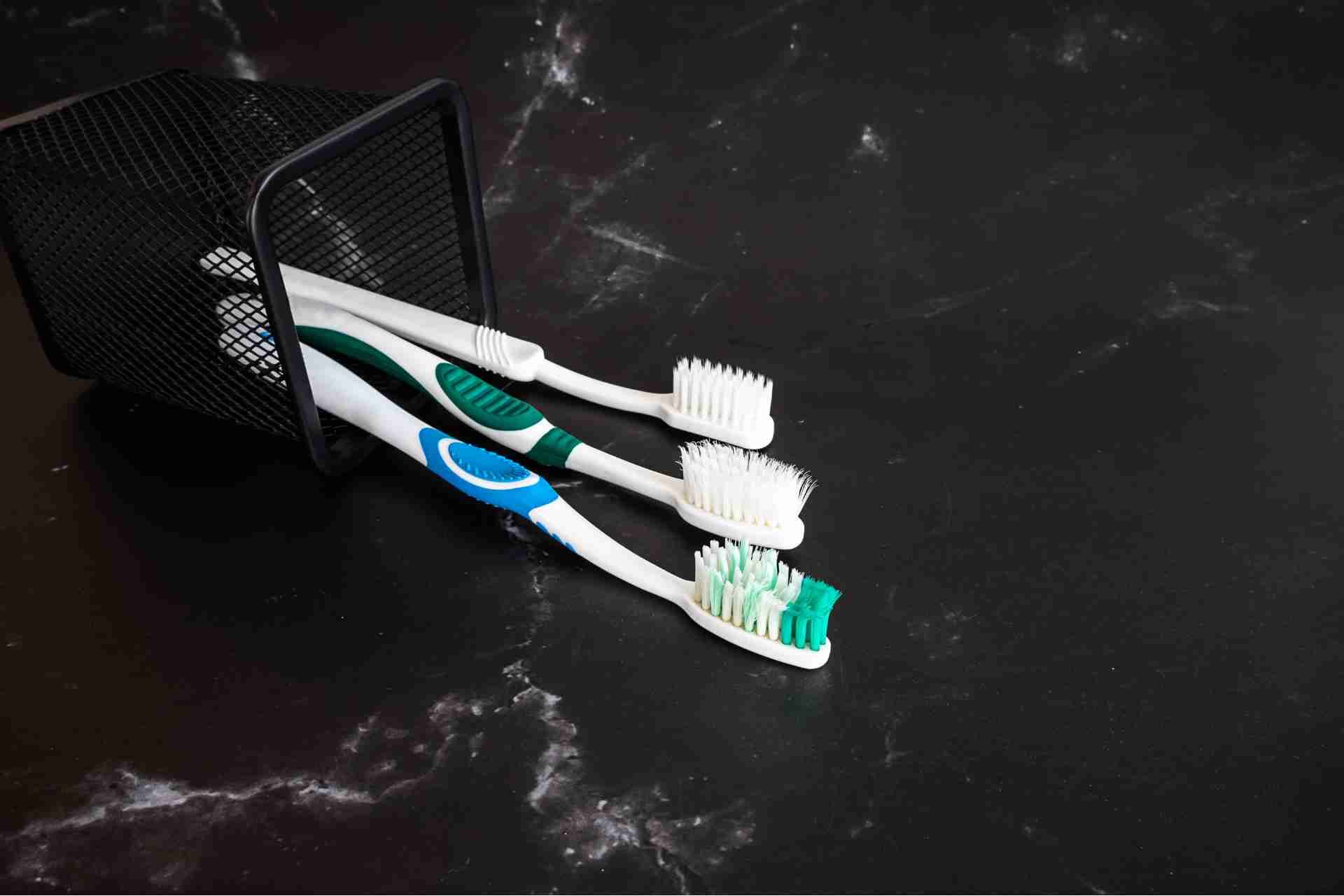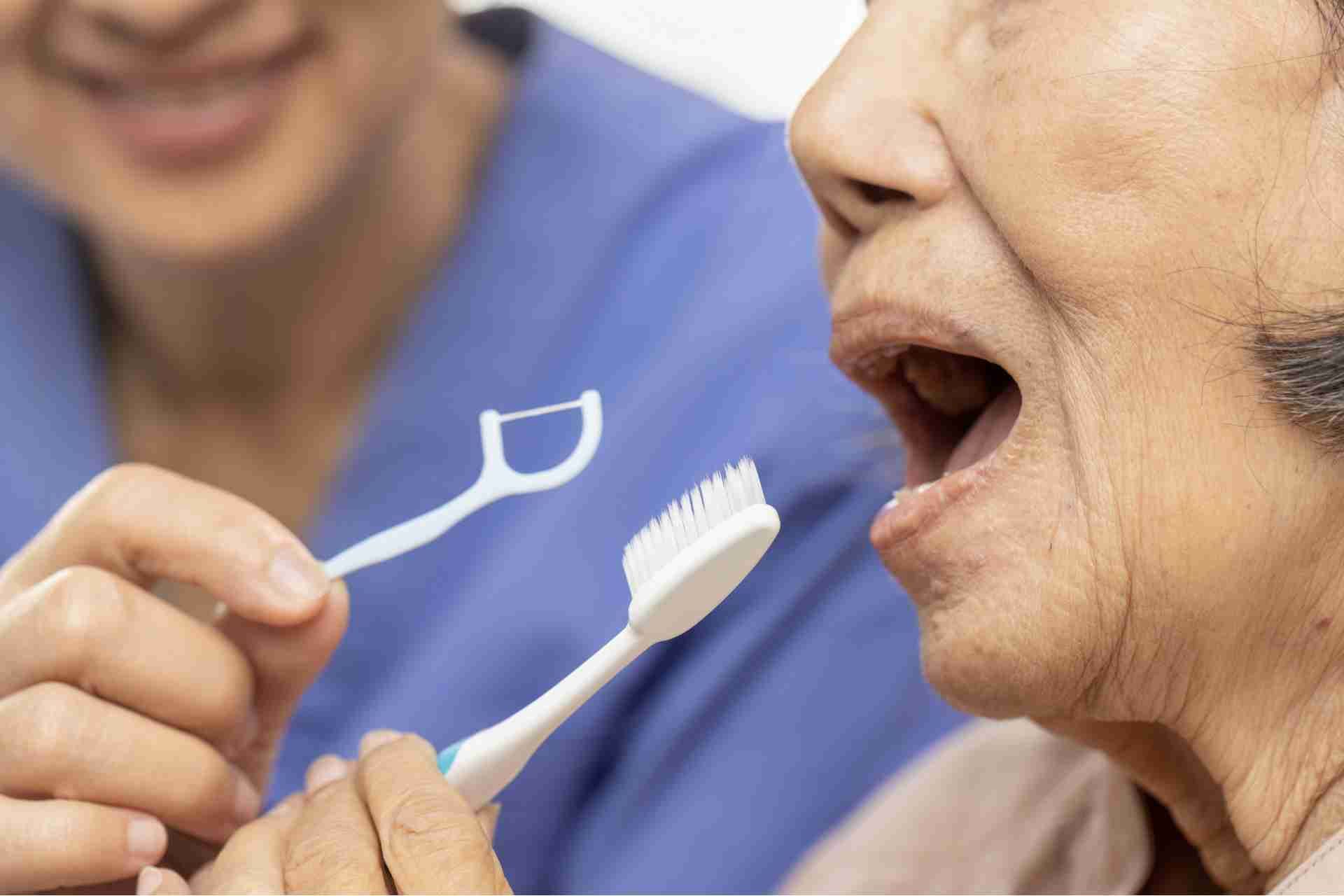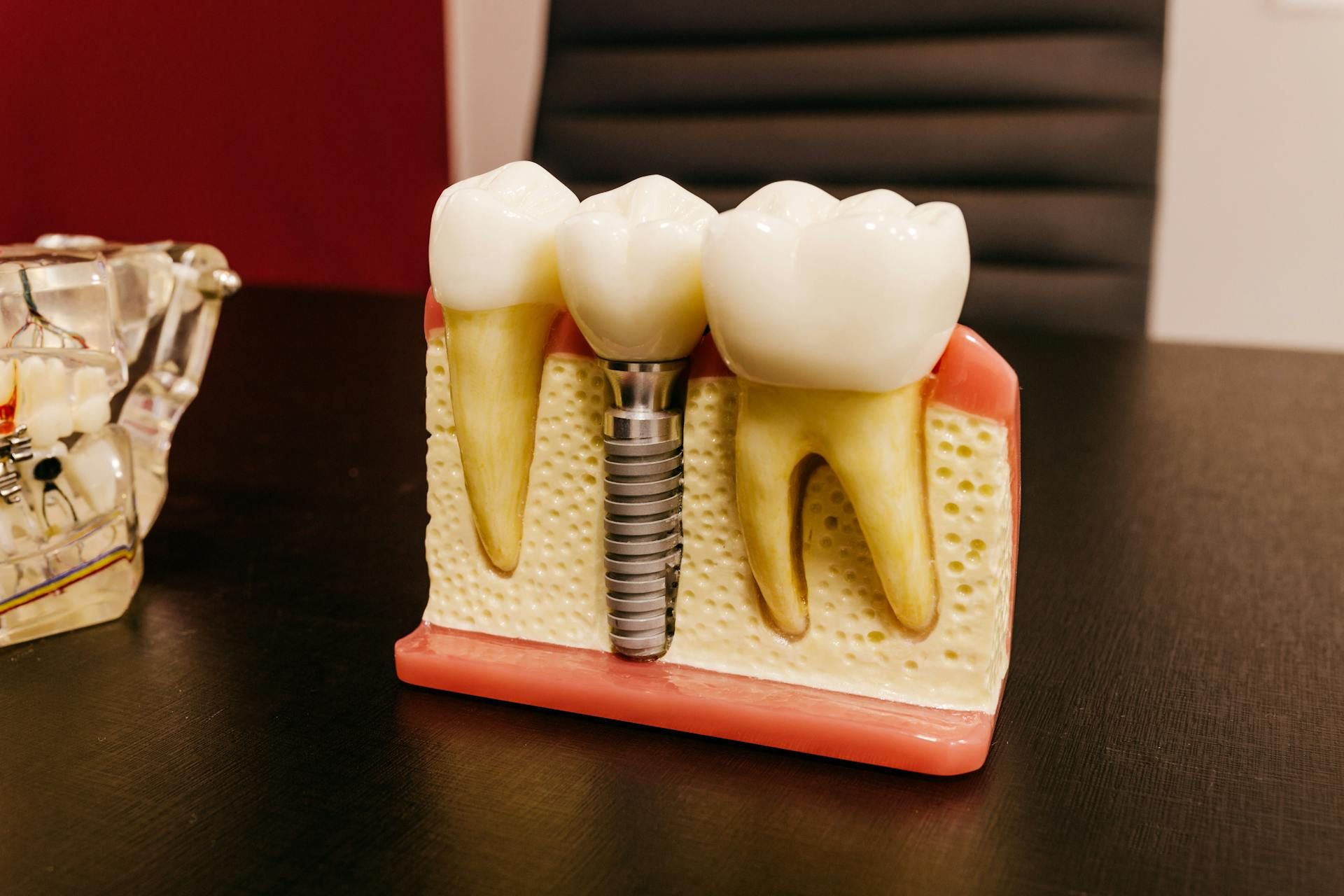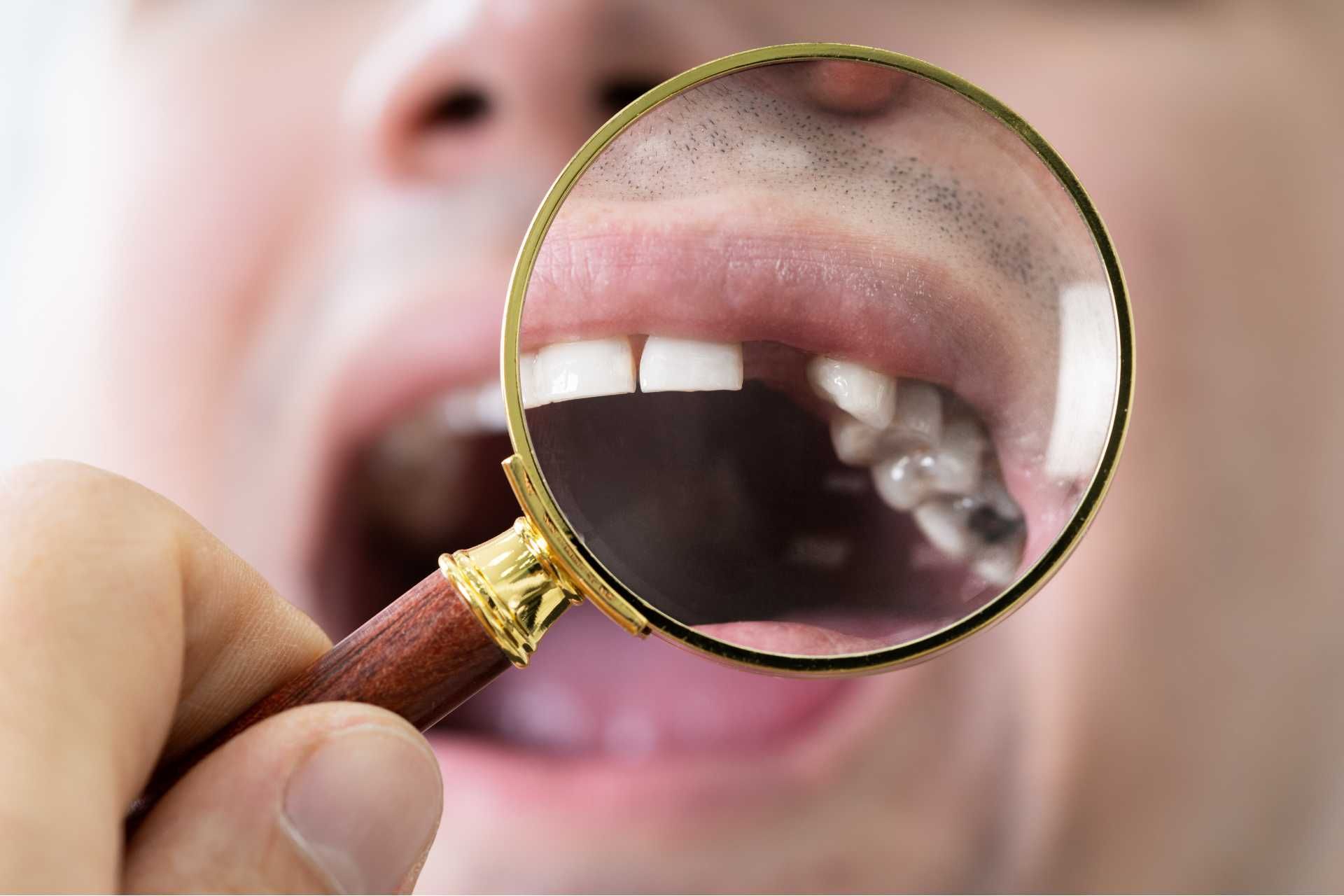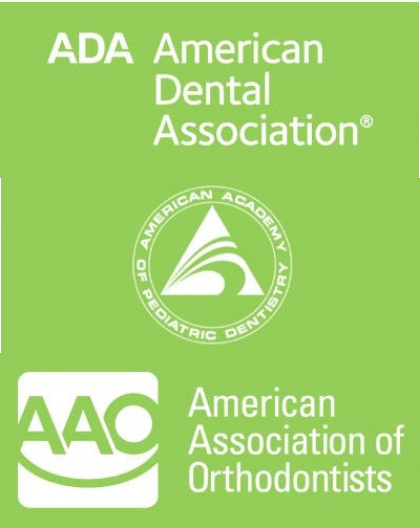How To Remove Tartar From Teeth Without Dentist
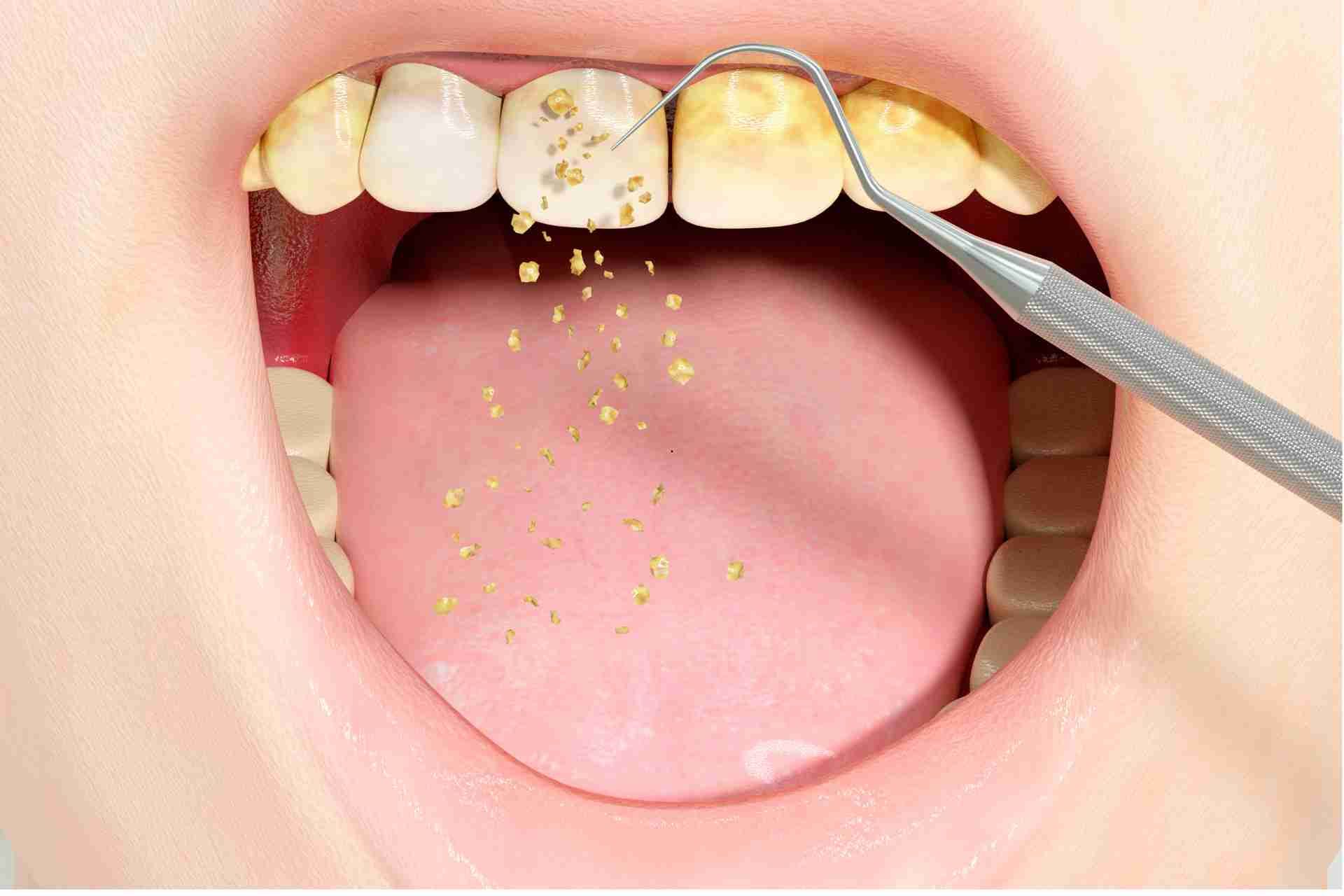
If you’re looking to tackle tartar buildup without a trip to the dentist, you’re not alone. Many people want to maintain their oral health at home. By adopting a solid oral hygiene routine and utilizing some effective tools and remedies, you can manage tartar accumulation. Let’s explore practical strategies and techniques that can help you achieve a cleaner, healthier smile. The best part? You might already have what you need at home.
Understanding Tartar and Its Effects on Oral Health
Tartar, also known as dental calculus, forms when plaque hardens on your teeth, and it can significantly impact your oral health.
Once tartar develops, it creates a rough surface that attracts more plaque and bacteria, leading to gum disease and tooth decay. You might notice its presence as a yellow or brown buildup near your gum line.
Ignoring tartar buildup can cause bad breath and increase your risk of cavities.
It's essential to be aware that tartar can't be removed through regular brushing alone; professional cleaning is often necessary.
Importance of Regular Oral Hygiene
Maintaining regular oral hygiene is vital for preventing tartar buildup and ensuring overall dental health. By brushing your teeth twice a day and flossing daily, you remove food particles and plaque before they harden into tartar.
This routine not only keeps your smile bright but also reduces the risk of cavities and gum disease. Remember to replace your toothbrush every three to four months to maintain its effectiveness.
Rinsing with an antibacterial mouthwash can further help eliminate bacteria that contribute to plaque formation. Regular visits to your dentist are essential too, but good home care lays the foundation for healthy teeth and gums.
Prioritizing your oral hygiene today will save you from more significant dental issues tomorrow.
DIY Tools for Tartar Removal
While professional cleanings are the most effective way to remove tartar, you can use various DIY tools at home to help manage buildup between dental visits.
One of the most common tools is a dental scaler, which allows you to scrape away tartar gently. Just be careful not to apply too much pressure, as you could damage your enamel.
A soft-bristled toothbrush can help remove plaque before it hardens into tartar, so make sure to brush twice daily. Interdental brushes or flossers can also reach those tricky spots between teeth.
You might consider using a rubber tip to massage your gums and promote circulation.
Natural Remedies to Combat Tartar Buildup
Managing tartar buildup doesn’t have to rely solely on tools and professional cleanings. You can incorporate natural remedies into your oral care routine.
Baking soda is a popular option; it acts as a mild abrasive, helping to scrub away tartar. Mix it with water to create a paste and gently brush your teeth.
Vinegar is another effective remedy; diluted apple cider vinegar can help break down tartar. Rinse your mouth with a mixture of water and vinegar for a few minutes.
Additionally, eating crunchy fruits and vegetables, like apples and carrots, can naturally clean your teeth as you chew.
Remember to maintain regular brushing and flossing to support these natural methods and keep tartar at bay.
Effective Brushing Techniques
Brushing your teeth effectively is crucial for preventing tartar buildup and maintaining good oral health. Start by choosing a soft-bristled toothbrush and fluoride toothpaste.
Angle your brush at 45 degrees towards your gums to reach plaque hiding between teeth. Use gentle, circular motions for at least two minutes, ensuring you brush all surfaces—front, back, and chewing surfaces.
Don’t forget your tongue, as bacteria can accumulate there too. Replace your toothbrush every three to four months or sooner if the bristles fray.
Stick to brushing twice a day, especially before bed to remove food particles and plaque. Following these techniques will help keep your teeth clean and minimize tartar formation, promoting a healthier smile.
The Role of Flossing in Tartar Prevention
Flossing plays a vital role in preventing tartar buildup, as it helps remove plaque from between your teeth and along the gumline where your toothbrush can't reach.
Daily flossing can significantly decrease the amount of plaque that hardens into tartar, making it easier to maintain your oral health. By regularly cleaning these tight spaces, you're reducing the chances of gum disease and cavities.
It only takes a few minutes each day, and it can make a big difference in keeping your smile bright. Remember to use gentle, sawing motions to avoid damaging your gums.
Baking Soda: A Powerful Ally Against Tartar
While you might rely on your toothbrush and floss to keep your teeth clean, baking soda can also be a powerful ally in the fight against tartar buildup. This natural abrasive can help scrub away plaque and neutralize acids in your mouth.
Here’s how you can use baking soda effectively:
1. Create a Paste: Mix a tablespoon of baking soda with a few drops of water to form a paste.
2. Brush Gently: Apply the paste to your toothbrush and gently brush your teeth for about two minutes, focusing on areas prone to tartar.
3. Rinse Thoroughly: After brushing, rinse your mouth well to remove any baking soda residue.
Incorporating baking soda into your dental routine can enhance your efforts to keep tartar at bay.
The Benefits of Oil Pulling
Have you ever considered the ancient practice of oil pulling for maintaining oral health? This simple technique involves swishing oil, typically coconut or sesame, in your mouth for about 15-20 minutes.
It’s said to help reduce harmful bacteria, which can contribute to tartar buildup. Oil pulling not only promotes healthier gums but may also help whiten your teeth naturally.
By incorporating this practice into your daily routine, you might notice fresher breath and a cleaner mouth feel. Plus, it’s a chemical-free way to support your oral hygiene.
Just remember, while oil pulling can be beneficial, it shouldn’t replace regular brushing and flossing. Give it a try and see how it complements your overall dental care!
Foods That Help Reduce Tartar Formation
Incorporating certain foods into your diet can significantly help reduce tartar formation on your teeth. By choosing the right foods, you can promote oral health and keep your smile bright.
Here are three foods to consider:
1. Crunchy Fruits and Vegetables: Apples, carrots, and celery act as natural toothbrushes, scrubbing off plaque while you chew. Their fibrous texture stimulates saliva production, which helps neutralize acids.
2. Dairy Products: Cheese, yogurt, and milk are rich in calcium and phosphate, which strengthen enamel and reduce acid levels in your mouth.
3. Green Tea: Packed with antioxidants, green tea can inhibit the growth of bacteria that cause plaque formation, making it a fantastic beverage choice.
Maintaining a Tartar-Free Smile: Daily Habits to Adopt
To maintain a tartar-free smile, it's essential to adopt daily habits that promote good oral hygiene. Brush your teeth at least twice a day using fluoride toothpaste, ensuring you reach all surfaces.
Don't forget to floss daily; it removes food particles and plaque from between your teeth where your toothbrush can't reach. Rinse with an antibacterial mouthwash to further combat plaque buildup.
Limit sugary snacks and drinks, as they contribute to tartar formation. Instead, snack on crunchy fruits and vegetables that naturally clean your teeth.
Stay hydrated, as drinking water helps wash away food particles and bacteria. Lastly, consider using a tartar-control toothpaste for added protection.
With these habits, you can enjoy a healthy, tartar-free smile.
Conclusion
By incorporating these tips into your daily routine, you can effectively manage tartar buildup without a dentist's visit. Staying consistent with brushing, flossing, and using natural remedies will help maintain your oral health. Don’t forget to enjoy crunchy fruits and veggies, as they can aid in keeping your teeth clean. With dedication and the right habits, you can achieve and maintain a bright, tartar-free smile for years to come!


